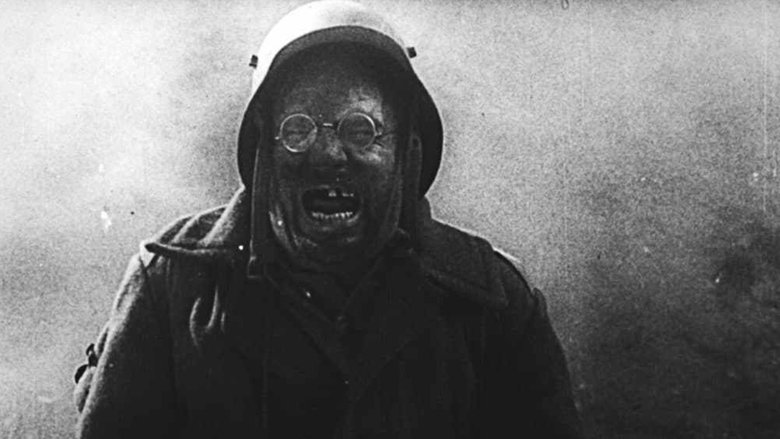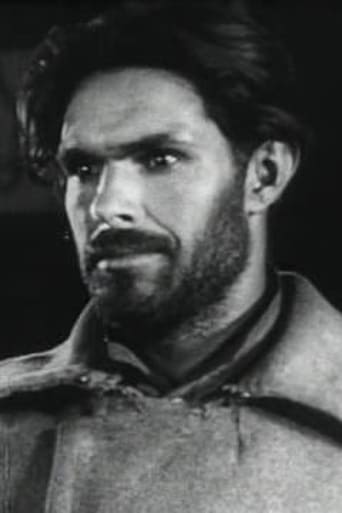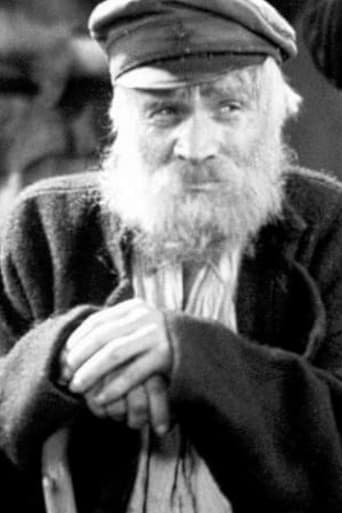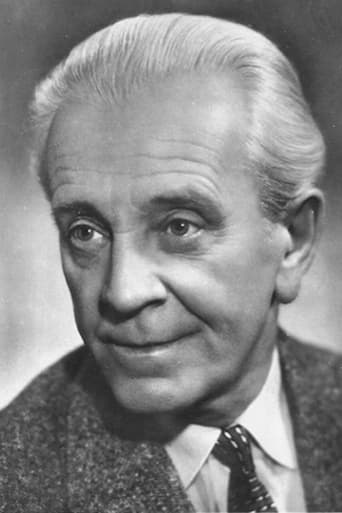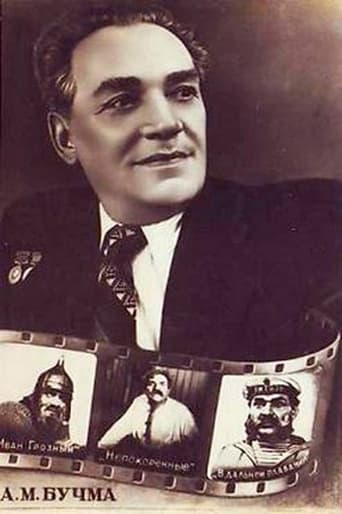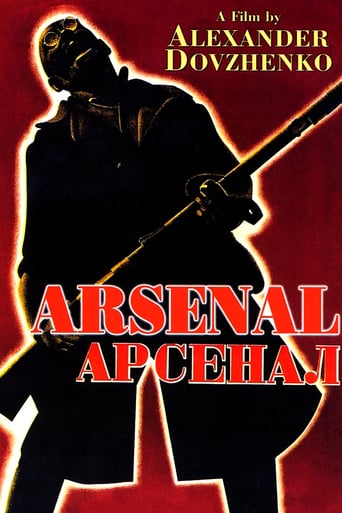
A soldier returns to Kyiv after surviving a train crash and encounters clashes between nationalists and collectivists.
Similar titles
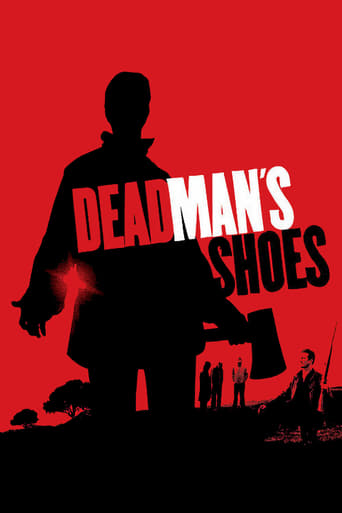

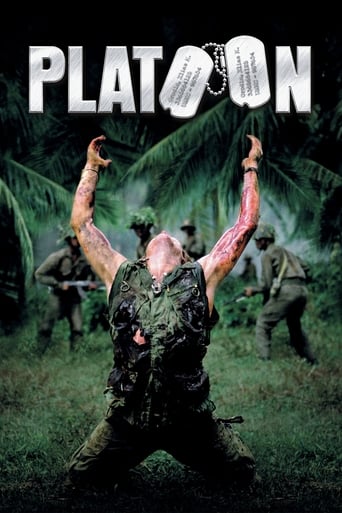




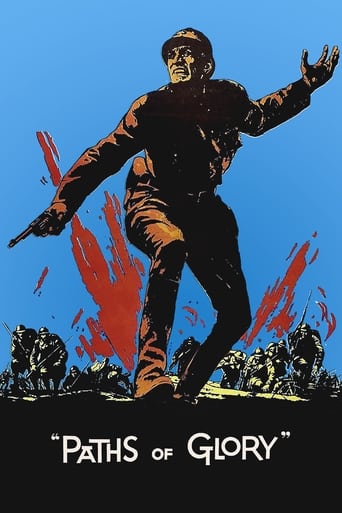
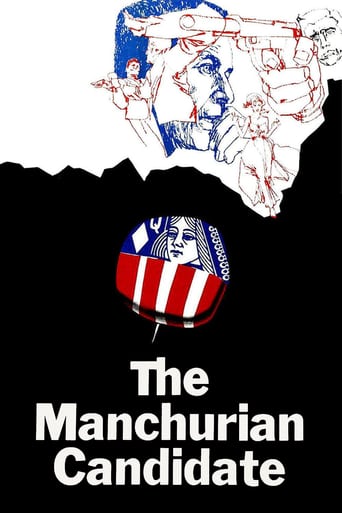
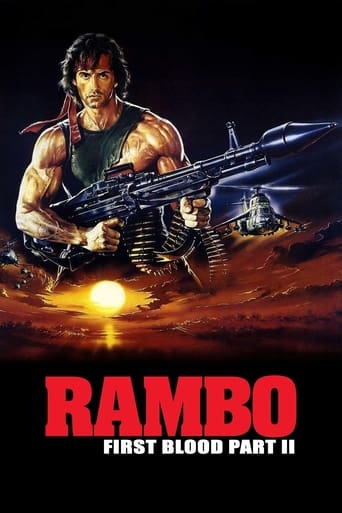
Reviews
Best movie of this year hands down!
As Good As It Gets
The film makes a home in your brain and the only cure is to see it again.
A clunky actioner with a handful of cool moments.
It goes without saying that silent cinema requires emphasis on the imagery. Alexander Dovzhenko's "Arsenal" is no exception. The look back at World War I over the past year should draw attention to this movie. Like Lewis Milestone's "All Quiet on the Western Front", this movie looks at the futility of war. The focus in the Kiev Arsenal January Uprising in 1918. Probably the most effective scene is the laughing gas: a man artificially laughs while surrounded by all manner of horror, a perfect metaphor for the disconnect between the image and reality of war.The only other Dovzhenko movie that I've seen is "Earth". I understand that "Arsenal" and "Earth" are the second and third installments of his Ukraine Trilogy. I'll have to see "Zvenigora", as well as the rest of Dovzhenko's movies. Despite the obvious propaganda, this is still a movie that you have to see just for the imagery if nothing else. Like Sergei Eisenstein's "Battleship Potemkin", it contains some of the most unforgettable images in cinema history. Definitely see it.
Don't be discouraged by this Soviet film's age or obscurity - it is one of the finest movies ever made, and it stands alongside Carl Theodore Dreyer's "The Passion of Joan of Arc," as the most modernist film of the 1920's. This is a spectacular visual achievement, and its visionary conception of cinema is moderinism that we've still failed to catch up with. Unlike most recognized masterpieces of Soviet silent cinema (e.g. "The Battleship Potempkin," "Earth," "The End of St. Petersburg," etc.), however, "Arsenal" is a surprisingly approachable film, and its strangeness and abstraction are consistently fascinating. Originally intended as a propaganda film, "Arsenal" is the second component of director Alexander Dovzhenko's "Ukraine Trilogy," and it details an episode in the Russian Civil War (~1918) in which the Kiev Arsenal workers aided the Bolshevik army against the ruling Central Rada. Dovzhenko's approach is somewhat similar to Sergei Eisentein, in that he relied heavily on montage, but his pace was less frenetic, and his Expressionism was more exaggerated. As detailed in the film's academic commentary, Dovzhenko was previously a political cartoonist, and you can see traces of this background in "Arsenal." The characters in this film are caricatures, sometimes grotesque and sometimes funny. Similarly, there is a strangeness and remoteness in "Arsenal," which makes the film's few intentionally lucid passages quite dreamlike. The DVD commentary is concise and informative, and a terrific primer for the first time viewing. If you have any interest in silent cinema, modernism, or film as art, "Arsenal" is a film you SHOULD NOT MISS. ---|--- Was this review helpful?
While I have seen and enjoyed similar movies to this one that were silent films about the Russian Revolution, such as POTEMKIN and TEN DAYS THAT SHOOK THE WORLD, I did not particularly enjoy this one. This was mostly due to the annoying and "artsy" way that the director chose to shoot the film. While POTEMKIN excelled in its editing style, this movie used similar techniques with a lot less finesse--in some places, the editing seemed very choppy and amateurish. Plus, and this was truly annoying, the use of zombies throughout the beginning of the film and late in the film really was over-the-top. What I mean by "zombies" is that to illustrate just how depressed and oppressed the Ukranian peasants were, the people stand like mannequins in many scenes. And, they stand like this, unmoving, for a VERY long period of time, while the "evil" Capitalists and exploiters of the masses walk by. Gimme a break! This movie is a wonderful example of style over substance--and it's only a movie for those who enjoy or can overlook the overindulgent direction.By the way, the DVD for this film is improved, somewhat, if you leave the audio commentary on. This makes the movie easier to follow and gives a few interesting insights.
While often a bit obscure, this Dovzhenko classic is also filled with interesting and often thought-provoking images and themes. "Arsenal", as with his better-known feature "Earth", defies easy description. "Earth" is probably the more artistic of the two, but "Arsenal" is more complex, and it might also be a little closer - at least in places - to a conventional narrative.The first ten minutes or so of "Arsenal" are quite abstract, with a succession of mini-montages depicting a variety of subjects. It would be hard, and perhaps inadvisable, to assign a specific meaning to all of the symbols, but they are clearly meant to convey some general ideas that apply to the story that follows, which is set in the Ukraine as World War I (or the Great War) is coming to an end.The war sequences might be the most memorable part of the movie, and the chilling "laughing gas" sequence is a more compelling comment on war than are the great majority of complicated carnage-filled scenes in other movies.The main story starts with the demobilization, and it is clearly influenced by Dovzhenko's own perspective. He does his very best to resolve two seemingly contradictory priorities, with his devotion to the Ukrainian people and his support for the Soviet state. He uses all his skills, with interesting montages and other techniques, including some creative camera angles that would even have impressed Orson Welles.As politics, not all of it is convincing by any means, but as cinema, it is quite interesting, and at times it provides good food for thought. The specific issues considered in the film may be limited to their own time and place, but in asking what is best for his people, Dovzhenko also raises some broader issues that allow the movie to retain some relevance in later eras as well.
Top Streaming Movies











